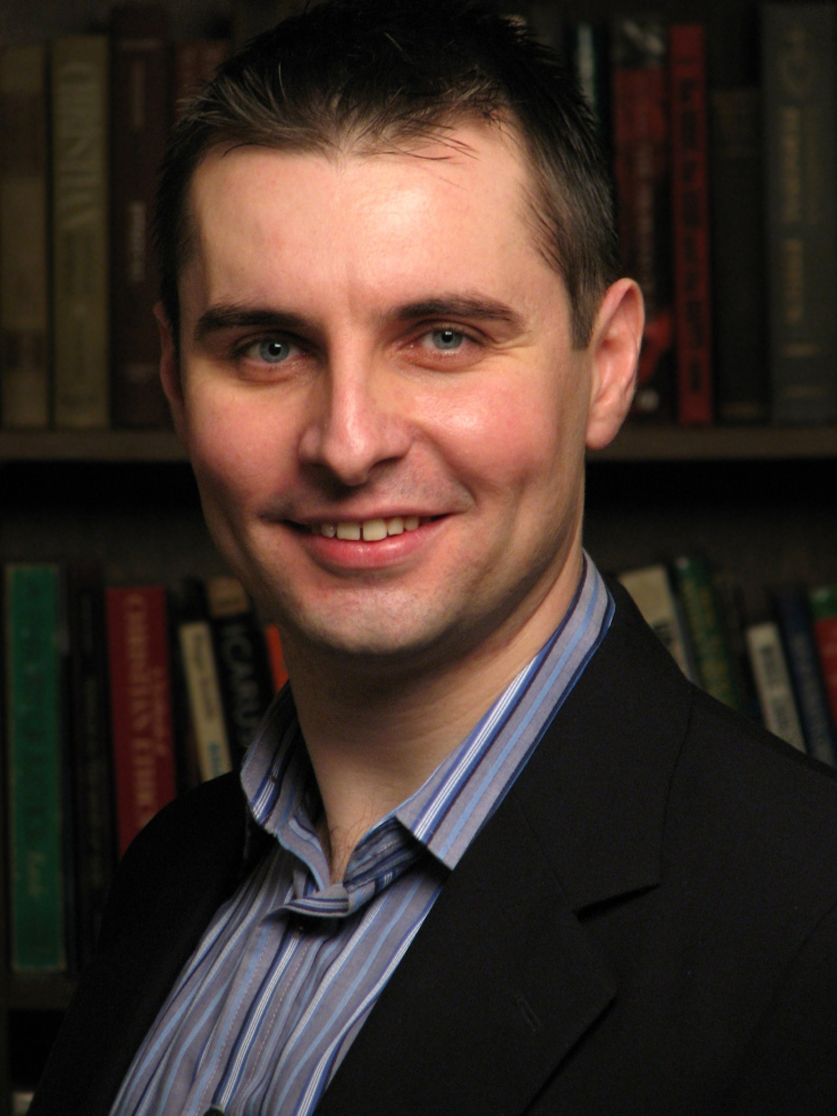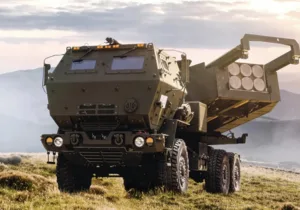After the July 2009 Moscow summit in which recently elected American president Barack Obama met with high-ranking Russian officials, twenty-two prominent Central and Eastern European (CEE) leaders published “An Open Letter to the Obama Administration from Central and Eastern Europe,” expressing concern about Russia, a country that a year earlier had invaded Georgia and seized one-quarter of its territory, and urging the United States to remain committed to its allies in the region. After expressing a “deep indebtedness” for Washington’s role in totalitarianism’s demise in Europe and post-1989 successful democratic transition, Václav Havel, Lech Walesa, Valdas Adamkus, and other leaders wrote:
Twenty years after the end of the Cold War, however, we see that Central and Eastern European countries are no longer at the heart of American foreign policy. As the new Obama Administration sets its foreign-policy priorities, our region is one part of the world that Americans have largely stopped worrying about. Indeed, at times we have the impression that U.S. policy was so successful that many American officials have now concluded that our region is fixed once and for all and that they could “check the box” and move on to other more pressing strategic issues. Relations have been so close that many on both sides assume that the region’s transatlantic orientation, as well as its stability and prosperity, would last forever. That view is premature.
The authors identified Russia as a revisionist power that employs illicit tactics to “advance its interests and to challenge the transatlantic orientation of Central and Eastern Europe.” With the benefit of seven years of hindsight and Russia’s illegal annexation of Crimea in 2014, ongoing war in eastern Ukraine, and sophisticated hybrid warfare propaganda campaign against NATO and the EU, we recognize these CEE leaders were justified in their concerns of the “premature view.”
In politics, personalities can loom above policies, and Russian president Vladimir Putin is no exception. In 1991, the former KGB officer and FSB head called the Soviet Union’s collapse “the greatest geopolitical catastrophe” of the 20th century. He embraces elements of a messianic pan-Slavism, an ideology that advocates a political community based on Slavic ethnicity and culture, and uses it to expand a Russian sphere of political, cultural, and economic influence in the countries of CEE. Putin espouses Russian exceptionalism that is partly rooted in the view of Moscow as a divinely ordained Third Rome, the rightful and final center for Christianity, and wants to be viewed as a protector of “traditional values” in the midst of Western society’s moral decline.
CEE countries crossed the bridge from communist totalitarianism to Western democracy but have not completely burned the bridge to the East. Slovakia, which currently holds the EU’s rotating six-month presidency, illustrates some of the region’s uncertainty about the West. The Globsec Policy Institute’s 2016 survey results do not give reason to be overly optimistic: fifty-two percent of Slovaks view their country as neither part of the West nor East; thirty percent support NATO membership while twenty percent oppose it; fifty-four percent reject the idea of hosting NATO bases or logistics centers in Slovakia; forty-seven percent think Slovak neutrality would increase its security; and sixty percent views the role of the United States in the world more or less negatively.
Republican presidential nominee Donald Trump has used disturbing rhetoric regarding American foreign policy in general and her relationship with NATO in particular. For instance, at the Republican convention, he stated that he would not unconditionally come to the aid of Baltic countries if they are attacked. This statement contradicts NATO’s Article 5, which urges allies to engage in collective self-defense if a member is attacked. CEE allies have reason to be even more nervous in the wake of Trump’s attitude than after the 2009 summit; his words cast doubt on NATO’s role as a stabilizer in Europe and counterweight to Russia and could undercut American moral leadership in the region.
In these tumultuous times, strengthening ties between the United States and its NATO allies in CEE is critical for advancing the values of freedom, democracy, and human rights in that region and for the peace and security of Europe. The United States must lead the West in firmly committing to its CEE allies and responsibly engaging this region. They have begun to do so in recent months, quadrupling NATO reassurance funds to $3.4 billion, conducting Army missions at Romanian and Bulgarian military bases, Western nations have installed a battalion in each of the Baltic States and Poland, and have placed additional military personnel throughout Europe. This trajectory must be followed after the November presidential election. The U.S. must also more effectively engage in a battle of ideas to counter Russian media propaganda and disinformation campaign by supporting and strengthening civil society organizations committed to democratic values.
Countries like Slovakia should take their own security more seriously, realizing that without the United States’ engagement, Russia would exploit the region’s power vacuum and expand its sphere of influence there. The majority of NATO members, including Slovakia, have not met their two percent of GDP spending obligation on defense and should do so or renegotiate a new agreement. Last but not least, Slovaks should not only view their country’s relationship with EU and NATO through the lens of unmitigated self-interest but also through an unwavering commitment to democratic ideals and principles.
—
Lubomir Martin Ondrasek is the president and co-founder of Acta Sanctorum, a Chicago-based Christian non-profit that works for positive transformation in post-communist Central and Eastern Europe. He holds graduate degrees from Gordon-Conwell Theological Seminary, Harvard University, and the University of Chicago and is presently pursuing his D.Min. in Transformational Leadership at Boston University.
Danni Ondraskova is a rising junior at Wellesley College majoring in Economics and Russian Area Studies. She is the News Editor for The Wellesley News and is currently interning on Capitol Hill.
Photo Credit: By U.S. Army, via Flickr. A U.S. Army infantryman, assigned to 2nd Squadron, 2nd Cavalry Regiment, rides in the gunner position of a Stryker armored vehicle during a parade welcoming the Soldiers to the city of Brasov, Romani on May 14, 2015 during the unit’s Cavalry March, part of Operation Atlantic Resolve. Operation Calvary March was a two-day, 400 kilometer movement across Romania, from Mihail Kogalniceanu Air Base to the Cincu Training Center, involving nearly 100 combat vehicles and more than 300 Soldiers.







 Sponsor a student for Christianity & National Security 2024
Sponsor a student for Christianity & National Security 2024